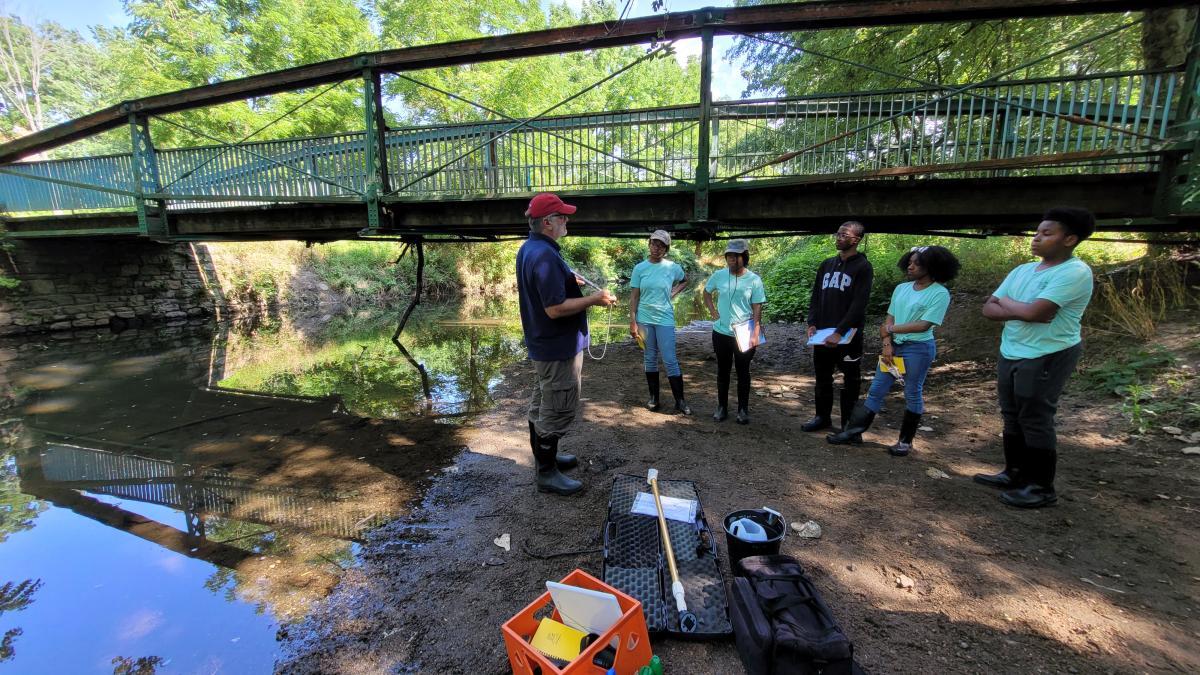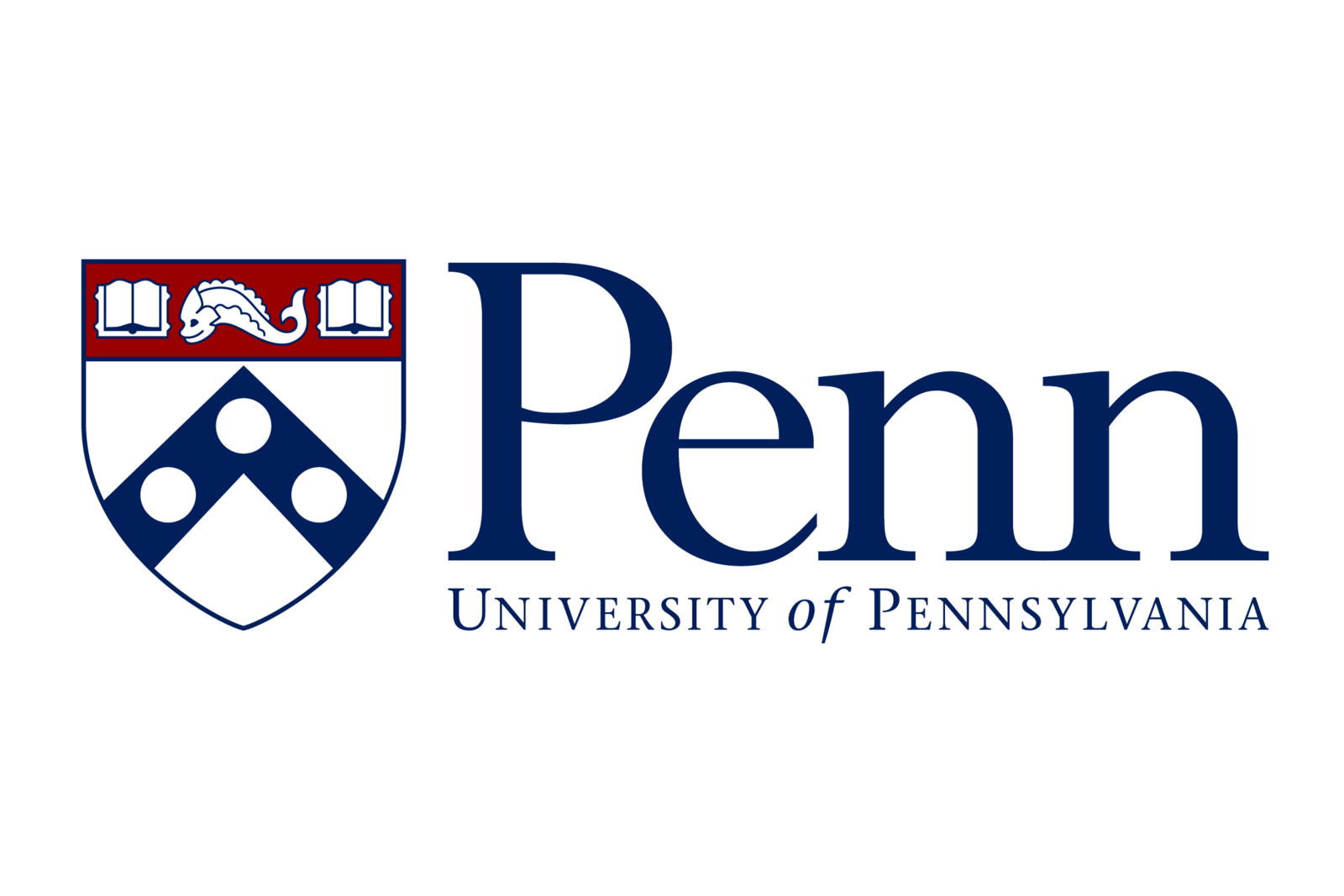A Collaborative Initiative to Renovate and Optimize the Cobbs Creek Community Environmental Center
Recognizing the need to build trust within the West Philadelphia community, our project vision is to promote equitable education opportunities via access to the creek and state-of-the-art, “Ivy league”-level facilities adjacent to Cobbs Creek within the existing Cobbs Creek Community Environmental Center (CCCEC). We intend for the facilities to be used by local West Philadelphia students and Penn students to collaborate and co-learn via STEM curricula with a focus on environmental health and environmental justice (EJ). In addition to generating STEM opportunities for students, our intention is to foster a broader community understanding of the STEM fundamentals underlying EJ challenges disproportionately faced by this community. To begin achieving this larger goal, we are seeking to collaboratively renovate and optimize the informational and laboratory spaces within the CCCEC.
The CCCEC is located within the Cobbs Creek watershed, near 63rd and Pine Streets. Communities along Cobbs Creek in West Philadelphia have endured some of the watershed’s heaviest burdens of environmental injustice. Access to the creek is inhibited by a lack of public amenities and its adjacent low-income communities of color endure frequent flooding by polluted stormwater. There are 28 combined sewer overflow outfalls and one Superfund site that discharge raw sewage and pollutants into Cobbs Creek during wet weather, negatively impacting the public health of downstream low-income communities of color. Despite the challenges that arise from polluted stormwater and combined sewer overflows, the CCCEC provides one of the only access points along the creek for residents to enjoy and engage with the Creek and its surroundings during dry weather, as it is located on a trail that runs directly alongside the creek. Immediately downstream is a constructed wetlands. The site is nestled within an incredible, biologically and geomorphologically diverse landscape with potentially unlimited hypotheses to be explored.
Philadelphia City Government entities have recognized the potential for Cobbs Creek and the center as well. A 2009 collaborative report authored by the Philadelphia Water Department, Fairmount Park, and the Darby-Cobbs Creek Watershed Partnership states:
“Cobbs Creek has the potential to be one of the major connective fibers of our city, providing miles of needed trail links, connecting neighborhoods and amenities, and conveying and cleaning our waters before they reach the Delaware River. This vision has long been held by many who manage, live and play along ‘the Cobbs’ and who over the past decade have collaborated to build this vision”.
It is our goal to build upon this vision, as “the Cobbs”and the CCCEC have the potential to serve as preeminent spaces for equitable, robust education for residents including local middle and high school students, and Penn students. Currently, there is an Environmental Education Program Specialist that authors and implements after school programming related to environmental education, ecology, wildlife, and outdoor recreation at the CCCEC.
The building itself has two informational spaces including an exhibit room and a lecture room, a non-functional stream table, and a bathroom on the first floor and a near-functional lab space with outdated research instruments on the second floor. The center does not have internet access. Therefore, although the location of the center is optimal, the amenities within the structure are lacking. Our team intends to work with the Department of Parks and Recreation (DPR) staff at the CCCEC to renovate the space and create a state of the art science center that will benefit local residents and middle and high school students. Specifically, CCCEC will serve as a place for students to work through the entire scientific method of developing conjectures, collecting information in the field, analyzing it at the on-site lab, and presenting their findings.
With input from the community, this structure will empower residents and students to gather information and advocate for the needs of their community. The DPR staff at CCCEC have indicated their interest in working with our team to enhance the space if resources became available. The Projects for Progress grant will leverage additional resources, allowing our team to tangibly impact both the CCCEC physical space and the educational opportunities for local residents and students.



